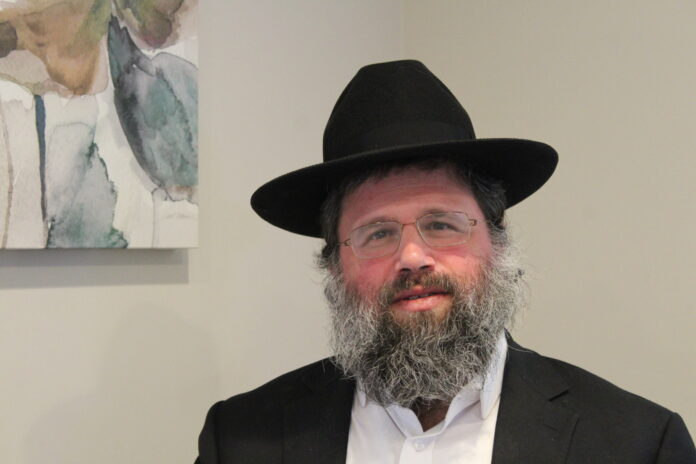The sense of entitlement keeps showing up. I see bachurim taking their dates out for the third or fourth time to super-luxurious restaurants. The date ends up costing $500. Five hundred!”
Reb Tzadok Katz, a very prominent shadchan, shouts this last part. It’s just the two of us, sitting at my dining-room table in Brooklyn. For almost two hours, we discuss the challenges facing shadchanim, as well as what’s changed in the system in the two decades since Reb Tzadok first became involved in shidduchim.
Reb Tzadok walks up the steps to my home, clutching a cup of coffee in one hand and trying to dial my number with the other. It reminds me of the time years ago when I first met him. I had spent a while getting ready so that I would look presentable—he was a well-known shadchan, after all—only to have him mock me good-naturedly for being stiff and tell me to relax, making an exaggerated gesture at his mildly disheveled state.
Now, as he sits down, he says with his usual bluntness, “Let’s hurry. I have a few meetings set up here in Brooklyn today.” I try to find out how Reb Tzadok went from being a yeshivish Cleveland boy to a (still yeshivish) elite shadchan who is consulted by practically the entire yeshivah world, but he shoots me down. “I came to talk tachlis,” he says with his trademark warm but cheeky smile.
“I hate the word ‘crisis,’” he begins. “The word ‘crisis’ makes things worse. There is no crisis. What we do have are issues that are under the radar that I—and other shadchanim—feel must be addressed before they get out of hand.”
Reb Tzadok became involved in shidduchim over 20 years ago, and a lot has changed over the years. He says that modern technology has made the entire process much easier. “It used to be impossible to get hold of a shadchan,” he says. “You had to catch him at home or in yeshivah before someone else got through to him. It was also harder to arrange dates, get résumés, call references. All those things are much easier today, which allows for more dates to take place.”
Another huge change is the increased awareness of the large number of people looking to meet their bashert. “Every out-of-town community has a shidduch initiative, and every person has access to a shadchan who actually knows them. There are also organizations like Nasi and Oorah’s Rebbetzins Network to which people can turn.
“It used to be that we had to beg bachurim to come meet us. Now, because it has become more the norm and they are more eager to get married right away, they seek us out, and we get to know them better. There are also separate organizations that deal with specialty shidduchim, such as Kesher, which helps set up people with medical issues. These things never used to exist. These are the good changes,” Reb Tzadok says with a sigh as he prepares to discuss some of the new issues he has been seeing.





















